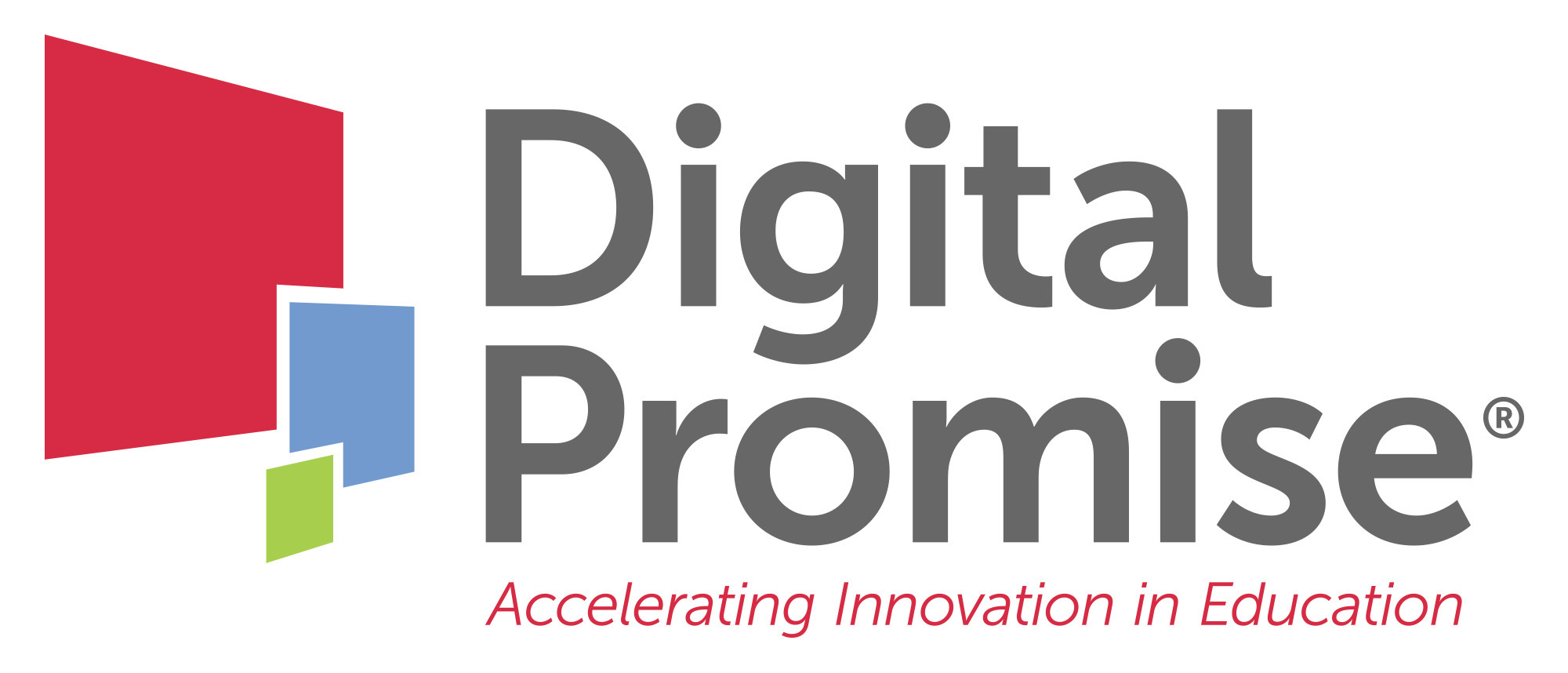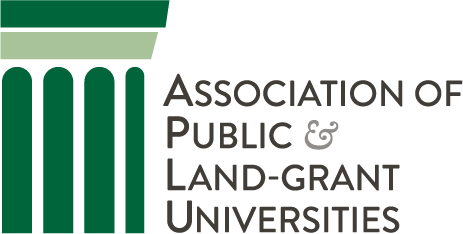When Dr. Vincent Cheng at Borough of Manhattan Community College first saw data on campus-wide DFWI rates by course, he was alarmed. Speech 100: Fundamentals of Public Speaking and Speech 102: Fundamentals of Public Speaking for Non-Native Speakers of English, in the Department of Speech, Communications, and Theatre Arts — where he is Chair — had among the highest course failure rates at the institution. But addressing this in courses with more than 4,000 registered students and 30 full-time and 50 adjunct faculty per semester would not be easy.
Addressing it was essential, though. While Latino students made up more than 40 percent of the student population at BMCC, they comprised a disproportionately larger percentage of the DFWI rate. BMCC’s retention rate of first-time students is 59 percent, just under the average of 60 percent for peer community colleges.
One of Cheng’s former colleagues had partnered with Digital Promise in the past, so Cheng sought them out and discovered an opportunity to participate in the Equity and Digital Learning Research Practice Partnership (RPP), which sought to address the equity gap that exists in many high-enrollment introductory courses. This collaboration was designed to help the partners move from abstract high-level discussions of desirable teaching practices to specific practices that instructional designers and faculty can implement.
The RPP was created in collaboration with Achieving the Dream and the Association of Public and Land-grant Universities, with support from Every Learner Everywhere. It supported institutions applying equity principles while using digital learning technologies in redesigned gateway courses. The 18-month program provided institutions like BMCC summer stipends to support faculty working on the redesign, technical assistance from the partner organizations, an institutional honorarium, and original student survey administration and analysis.
Other members of the RPP cohort included New Mexico State University, Jackson State University, University of Maryland Baltimore County, and Harper College. Each school agreed to commit to a strategy to close gaps in the DFWI rates in at least one gateway course.
Equitizing the syllabus
Cheng, along with colleagues Alvin Eng (adjunct faculty) and Naseer Alomari (full-time faculty) developed a three-pronged approach to make Speech 100/102 more welcoming and accessible.
Cheng describes the first prong as “redesigning and equitizing” the syllabus. Speech 100/102 is often one of the first classes students at BMCC take. Cheng did not want to curb the instructors’ individuality, but he did want to make sure every class had an instructional framework that centered equity, inclusion, and social and racial justice. To demonstrate how a Speech 100/102 syllabus can be equitized, the group created a template for the department that included visual elements featuring people of different ethnicities, races, and abilities, and is written in user-friendly language without academic jargon.
The second prong was to develop and document culturally responsive, trauma-informed, and anti-racist teaching practices specific to Speech 100/102. This work included lesson plans, assignments, and activities that reflect students’ lived experiences while respecting their varied linguistic backgrounds.
“One reason students drop out or fail this class is because what they’ve been listening to or learning from in this course either connects very little with or does not even value the rich and diverse lived experience each of them brings to the classroom,” Cheng says, noting that his department has no full-time Latino faculty, and he is the only Asian full-time faculty.
“Public speaking has been, for too long, taught from a Euro-centric colonizer’s perspective. You need to speak like ‘us,’ and this is the ‘proper’ way of speaking. We want to decolonize the way we teach public speaking and make it more inclusive, equitable, and culturally affirming, especially for students who come in speaking English as a second or third language, or speaking with a so-called ‘accent.'”
And, because introductory speech textbooks are also written from a Euro-centric colonizer’s perspective, the group’s third prong was to collaboratively co-author a new equity, inclusion, and social and racial justice-minded Open Educational Resource (OER) textbook and to encourage the department’s faculty to adopt and contribute to it.
Related reading — How OER Can Support Equity Practices in Higher Education: Lessons From a 3-Year Study
Professional development support
In the summer of 2021 Cheng, Eng, and Alomari worked with Digital Promise to construct the year-long professional development framework and content they would need for the department’s Speech 100/102 Equity and Digital Learning project, which included five remote workshops for course instructors.
BMCC set up a process to recruit Speech 100/102 instructors to participate in the Equity and Digital Learning work. Offering a stipend of just a few hundred dollars, they were able to bring 23 faculty (most of them adjuncts) into the RPP. These faculty developed and implemented equitized syllabi for their course sections, administered student perception surveys, reviewed and adopted the new OER textbook, and developed culturally responsive, trauma-informed, and anti-racist teaching practices.
Barbara Means, the lead investigator for the Digital Promise team says, “The BMCC team had their eyes on scaling the work from this project department-wide from the beginning. Their participation in the research practice partnership was an enabler, allowing them to make remarkably rapid progress toward an equity vision they already had.”
The BMCC participants in the RPP used their last professional development session to closely examine pre- and post-project student data, looking at changes in survey data and course pass rates to make adjustments before full implementation in fall 2022.
A revelation for Cheng was in the number of cultural references he wasn’t familiar with, such as the role of the block party in Black communities in New York City, which now informs his own approach to culturally relevant pedagogy in the classroom.
Related viewing — An archived webinar where Cheng shares more about the RPP and classroom practices
Continuing the work
Though BMCC is still analyzing results from this effort, Cheng says it appears the three-pronged approach is contributing to declining DFWI rates for Speech 100/102. But the biggest challenge lies ahead. Cheng does not yet have the institutional support to scale up the program to include other courses in the department. He continues to seek grants that will help him achieve his goal.
“The gap in DFWI rates is narrowing, but we want to do better,” he says. “We are going through a very difficult time in terms of budget and also enrollment, the same challenge experienced by community colleges around the country. Hopefully, with the support of recently available project data, we can secure other grants successfully to help the department move forward.”
Download The Equity and Digital Learning Student Survey




